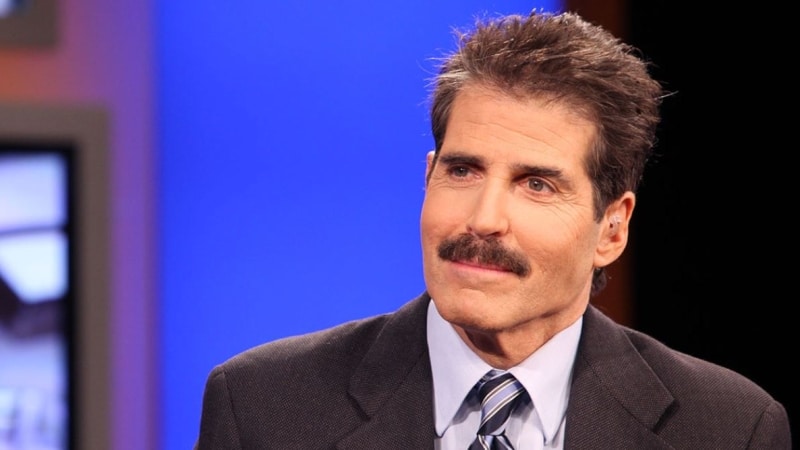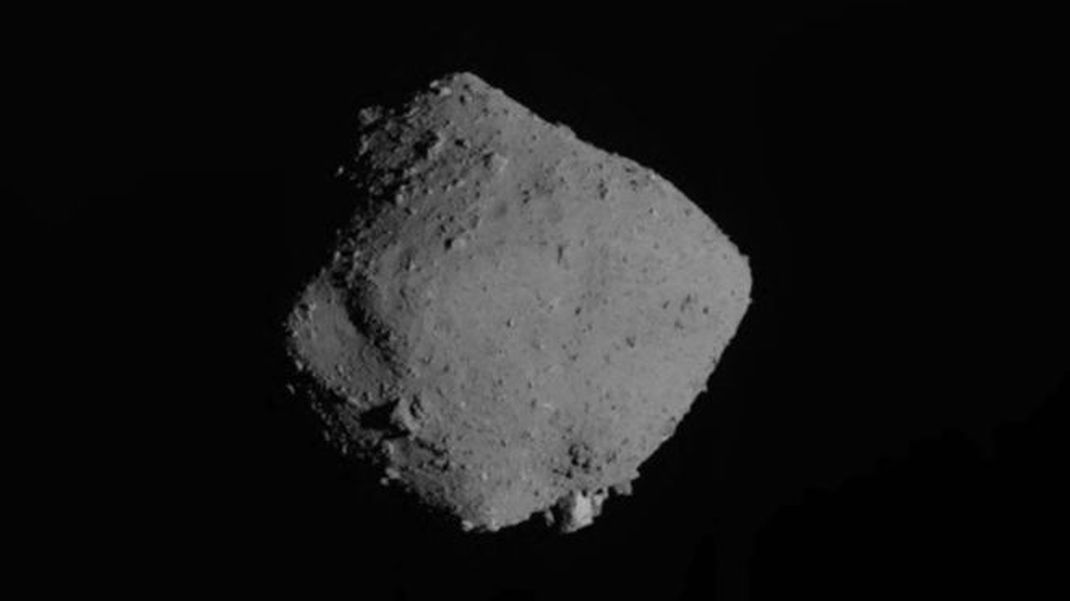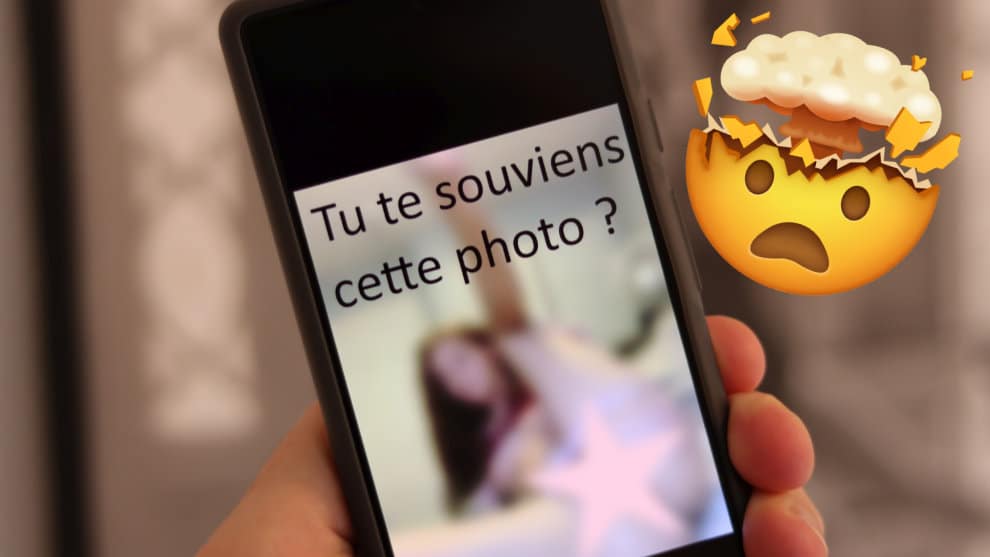Facebook admits that its “fact-checking” is not scientific
Facebook is a bit a paradise for sharing opinions and articles of all kinds. Except that some spread false truths which end up spreading throughout the world, giving weight to information invented from scratch. Donald Trump understood this well, while advertising campaigns were launched massively in his time to discredit his opponent Hillary Clinton during the American elections of 2016. This had a direct consequence on the social network which then set up, in 2017, the fact-checking.
The truth, nothing but the truth!
The principle of fact-checking of Facebook is very simple. Algorithm analyzes everything shared on social network and reported by users and marks with red ink content that seems to him to propagate fake news. They are then sent to independent auditors who review and evaluate them. If the latter judge that they are sharing false information compared to the reality of the facts, their reach drops by 80%, they hardly appear in the news feeds and a banner is affixed below the content to warn that the information is incorrect. This does not completely prevent shares, but slows them down very strongly. In France, the American company is working hand in hand with partners such as AFP, 20 Minutes, Le Monde, France Télévisions, France Médias Monde, or Liberation to examine the disputed information. If we can see a stamp of credibility, Facebook is nevertheless to admit that his whole system was also very fake !
The truth, just the … well you see, it’s more opinions after all
It is indeed in the United States that Facebook has just made a revelation that could undermine its entire principle of fact-checking ! However, it all started with a lawsuit that could have gone completely unnoticed but that Meta wanted at all costs to win, even if it means using arguments that will greatly destabilize them.
John Stossel, a seasoned American journalist who worked for NBC, CBS, ABC and Fox, in fact filed a defamation complaint after seeing one of his videos described as ” partially false »On the social network. He talks about the fires that ravaged Californian forests in 2020 and puts forward the idea that they were perhaps not due only to natural causes like global warming, but also because of the mismanagement of space by government. After this finger pointing from Facebook, the American has seen his reputation tarnished and that is why he attacks the social network.
I’m suing Facebook because they let their censors lie about me. The censor, “Science Feedback,” condemned my reporting WITHOUT WATCHING IT!
Facebook’s censor also restricts many respected science writers who dare point out inconvenient facts like these: pic.twitter.com/pi2LPDSPmO
– John Stossel (@JohnStossel) December 13, 2021
To justify themselves during the trial, Meta’s lawyers argue that ” the Stossel’s assertions focus on fact-check articles written by Climate Feedback, and not on the tags assigned through the Facebook platform. These labels in themselves are neither false nor defamatory, on the contrary, they constitute protected opinions.“. A sentence which, in itself, smacks of free censorship.
To read also: Interference in the presidential election? Google will finance AFP to track down “fake news”
If we read between the lines, it means that the fact-checkers have the power to determine for themselves the truth on which they base their judgments. It is therefore no longer a question of real facts but of opinion, which is far from the same. Already because we are talking a total lack of neutrality in the words and that auditors can ultimately evade the science and hijack the conclusions if they so choose. The consequences in terms of visibility can be terrible for some Facebook pages, in addition to falsely tarnishing the image and credibility of those who maintain them. John Stossel asks a more than relevant question in his complaint:
Do Facebook and its partners defame a user who posts factually accurate content, when they publicly announce that the content has not passed the fact-check and is partially false, and attributing to the user a false claim he never made? The answer is yes, of course.
For Meta’s social network, it’s a revelation that could motivate more and more censors to sue the company. At least their lawyers know they’ll have work for a while.




